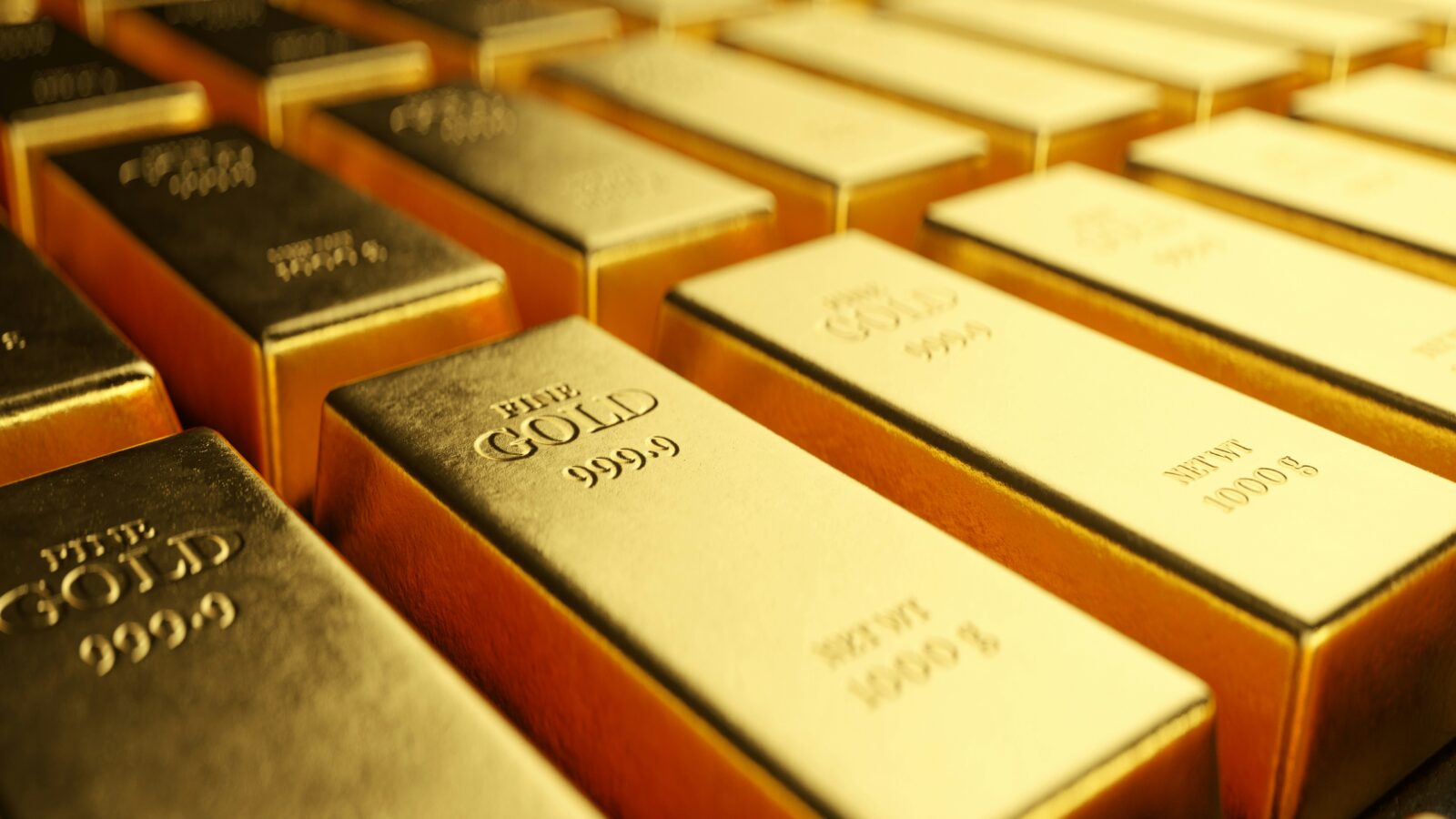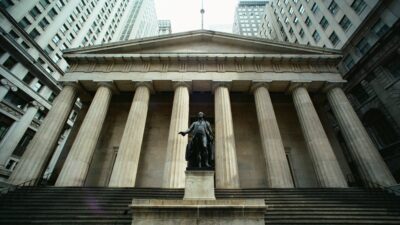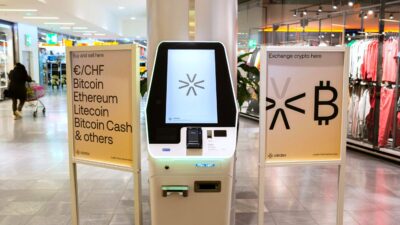What the Israel-Iran Conflict Means for Sector ETFs
ETFs with exposure to shipping and defense have largely held strong despite a series of Israeli missile strikes against Iran.

Sign up for exclusive news and analysis of the rapidly evolving ETF landscape.
ETFs tracking energy, aerospace, and defense stocks have wiped out initial losses following the onset of the conflict between Iran and Israel, instead climbing to new highs amid speculation that a prolonged conflict might drive up oil prices and fuel demand for weapons.
The attacks and Iran’s retaliatory strikes, which also sent shock waves through Israeli-focused funds and broader markets, have far-reaching implications, with gains and losses expected to amplify the market turmoil of the first half of 2025. Still, some experts maintain that holding is the best strategy and that diversification will continue to keep portfolios afloat, particularly since US Treasury yields have actually risen. “This just adds to the chaos we’ve already had this year,” said Sonu Varghese, a global macro strategist at Carson Group. “How we’re talking to advisors is, ‘Diversification may not have worked for the last 10, 15 years, but it’s really showing its colors now.’”
Domino Effect
The iShares MSCI Israel ETF (EIS) — which tracks an index of Israeli firms, including its major banks, and has $272 million in assets under management — fell from $86 to $82 a share Friday afternoon, per NYSE Arca data, but has since rebounded to a high of $86.70. The ARK Israel Innovative Technology ETF (IZRL), which also tracks Israeli companies, saw a similar dip Friday but is now up to a high of $25 a share. Other sector ETFs whipsawing in the aftermath include:
- The United States Oil Fund LP ETF (USO), which gained 12.4% last week and is now up 5.3% YTD, reflecting the potential for a longer-term spike in crude oil prices if shipping routes — primarily the Strait of Hormuz — are disrupted.
- The Breakwave Tanker Shipping ETF (BWET), which tracks crude oil tanker freight rates, jumped 11% Friday and has remained elevated as shipping stocks surge.
Back Away, Bonds: In the wake of the strikes, investors have flocked to so-called safe haven ETFs like those tracking the Japanese yen and the long end of the yield curve (such as bonds with a maturity of more than 20 years). However, a properly diversified portfolio doesn’t just rely on bonds to diversify from stocks, Varghese said, but includes things like gold and managed futures.
“There’s a bull case and the bear case, and that’s directly being reflected in our portfolios,” Varghese said. “I’m not saying this was exactly predictable, but our portfolios have been positioned to account for the fact that bonds may not be the best diversifier going forward.”











